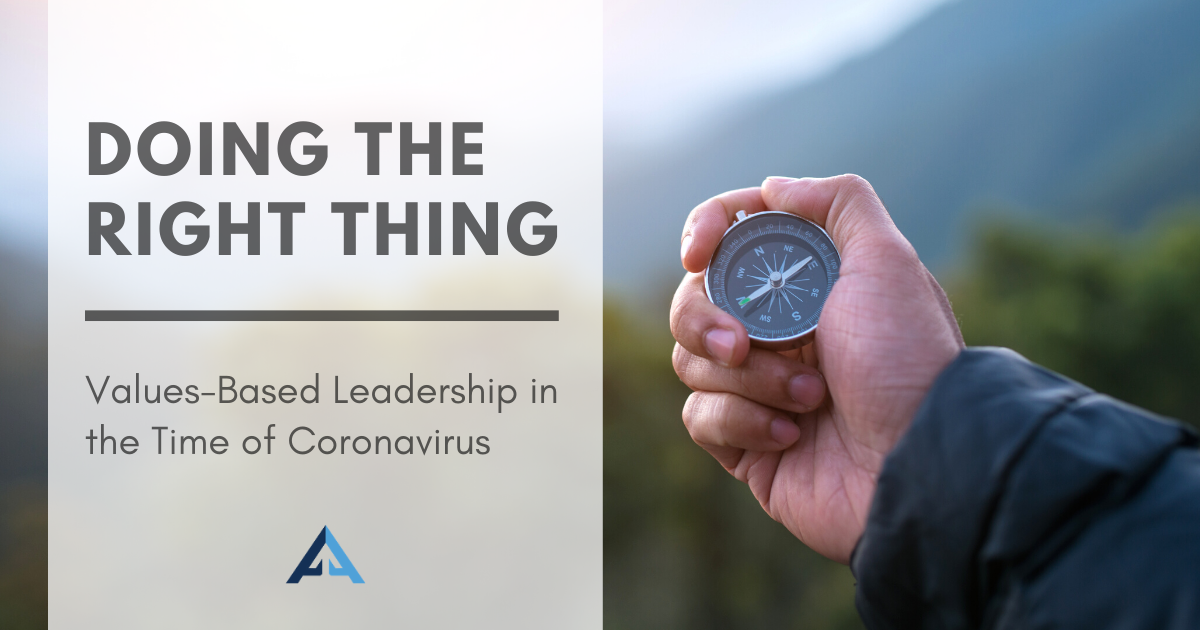>
business today, AI should excite you. It gives you the opportunity to be more strategic, more human, and more effective – if you’re willing to make a mindset shift.
Let’s talk about that mindset shift. It’s not just about learning a few new skills or technologies. The real challenge is rethinking how you approach leadership entirely. In this new era, leaders must embrace adaptability, curiosity, and a willingness to evolve—not just in what they do but in how they think.
Here are seven ways to future-proof your career by embracing this essential shift in mindset, along with the skills to match.
1. Lifelong Learning: Leave the Comfort Zone, Start Evolving
Let’s start with the simplest, yet most often ignored reality: no one knows it all. And that’s okay. AI is moving fast and disrupting all of us. If you want to keep up, you need to keep learning—constantly.
But here’s the shift: it’s not just about learning facts or tools. It’s about embracing the discomfort of not knowing and cultivating the humility to ask questions and explore. You don’t need to become a data scientist, but you do need to learn how to think like one. Understand the language of AI—start with the basics. Learn to analyze, question, and connect dots. This mindset of curiosity will keep you ahead.
2. AI-Enhanced Decision-Making: Stop Relying on Your Gut Alone
Many leaders pride themselves on their gut instincts—and sure, gut feel has its place. But in the age of AI, if you’re relying only on intuition, you’re limiting yourself.
The mindset shift here is recognizing that AI isn’t here to replace you—it’s here to amplify you. Start seeing data not as a competitor to your intuition but as a partner. AI is a tool that can help you make better, faster, and more informed decisions. But it’s still just a tool. Your role is to blend data with human judgment and empathy.
Leaders who adapt will combine hard data with emotional intelligence, critical thinking, and intuition. It’s not just about using the tool—it’s about thinking strategically about how to apply it for greater impact.
3. Emotional Intelligence and Intuition: The Human Elements AI Can’t Replace
AI can analyze numbers faster than you can blink, but it can’t replace human empathy. It can’t navigate the complexities of relationships, inspire trust, or lead with authenticity.
This is where the mindset shift is most important. Leaders in the AI era must see their humanity as their superpower. As AI takes over technical tasks, the value of emotional intelligence (EQ) skyrockets. But EQ isn’t static—it’s something you can develop. Leaders must embrace the mindset that people skills are as important as technical skills.
If you haven’t worked on your communication, influence, or emotional intelligence, now is the time. This shift is about seeing these as core leadership traits, not “soft” skills.
4. Tech-Savvy Vision: See the Big Picture, Not Just the Details
You don’t have to understand every technical detail of AI, but you do need a vision for how it can transform your work and business. AI isn’t just about automating processes—it’s about creating new possibilities.
The mindset shift here is moving from “understanding the now” to “anticipating the next.” Think of AI as an innovation partner. Where can it create opportunities? How can it reshape customer experiences? How can it disrupt your competitors before they disrupt you?
To lead in this era, you need to move from reacting to AI trends to proactively envisioning their potential impact.
5. Ethical Leadership: Own the Responsibility
AI raises complex ethical questions, and leaders can’t shy away from them. It’s not enough to delegate these decisions to IT or legal teams.
The mindset shift here is about ownership. You need to see yourself as a steward of ethical AI use, ensuring transparency, fairness, and trust. This isn’t just a technical issue – it’s a leadership one.
By embracing this shift, you signal to your team and stakeholders that you’re not just innovating—you’re doing it responsibly. Trust, after all, is everything in leadership.
6. Adaptability: From Fixed to Growth-Oriented Thinking
Let me be direct: If you’re not adaptable, your career will be affected. The pace of change in the AI world is relentless, and leaders who can’t pivot quickly will get left behind.
This requires more than just saying you’re adaptable. It’s about cultivating a growth mindset- seeing failures as opportunities to learn and being open to change, even when it’s uncomfortable.
The best leaders are those who can experiment, fail fast, and course-correct without fear. The mindset shift here is seeing change not as a threat but as the way forward.
7. Networking with AI Innovators: Expand Your Thinking
If you want to be ahead of the curve, start hanging out with people who are ahead of the curve. Build relationships with AI experts, attend conferences, and engage with people who are innovating in this space.
The mindset shift? Stop surrounding yourself only with people who think like you. Embrace diverse perspectives, challenge your thinking, and allow others to push you toward growth.
Your network isn’t just about opportunities—it’s about shaping how you think and approach the future.
In Summary:
In the age of AI, the rules of the game are changing. This isn’t just a matter of picking up new skills—it’s about transforming how you think, lead, and operate. AI is a tool, and like any tool, it’s only as good as the person using it.
Leaders who thrive will be those who embrace this mindset shift, not just as a buzzword, but as a foundational change in how they approach their roles. They’ll see AI not as a threat but as an opportunity to amplify their humanity, their vision, and their impact.
Now is the time to future-proof your career—and it starts with your mindset.










